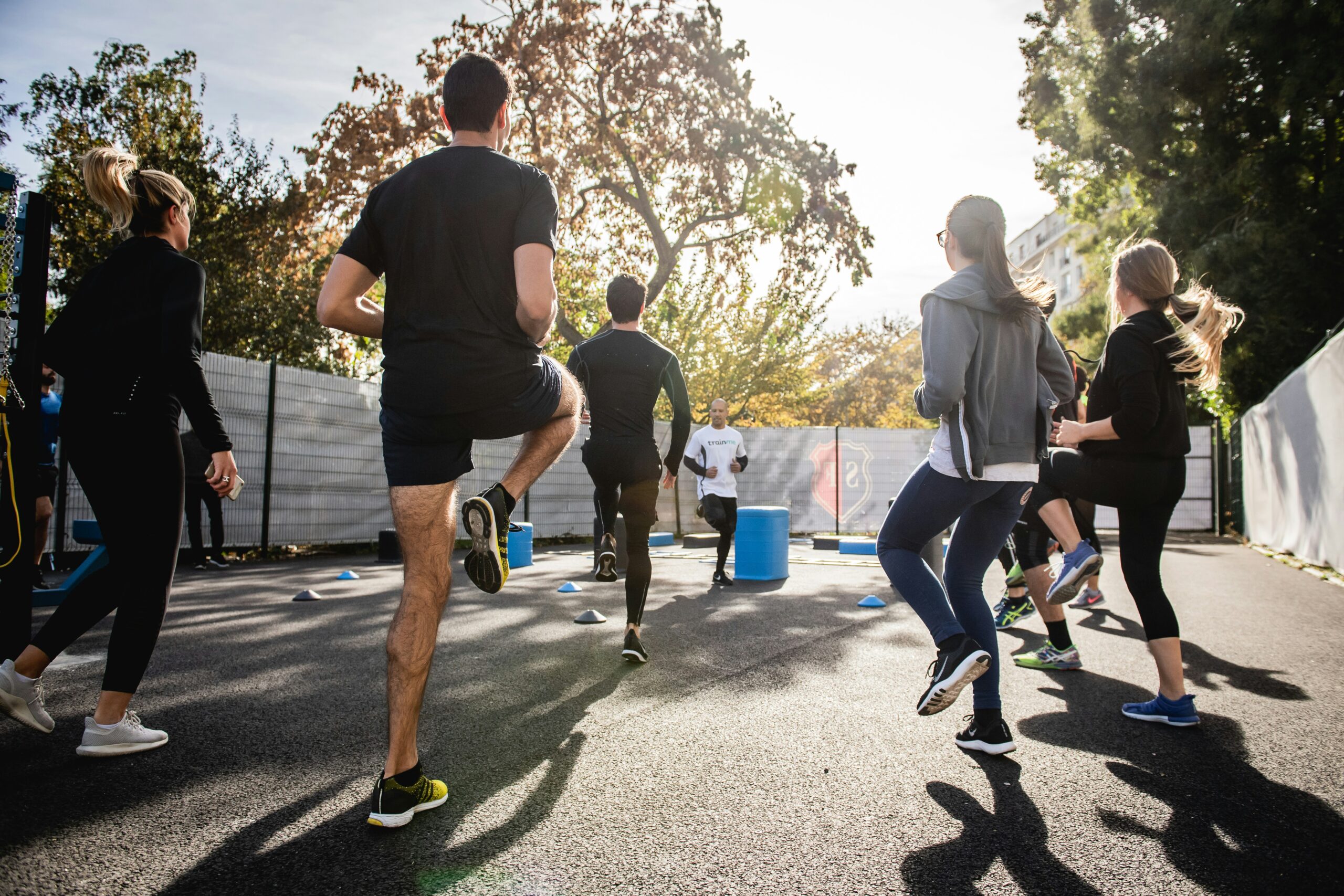
Staying active at the gym is not just about lifting weights or running on a treadmill—it’s about building consistency that transforms both your body and mind. When you commit to a fitness routine, you create a structure that enhances discipline and motivation. Moreover, the gym offers an environment filled with energy and inspiration that encourages you to push your limits. Whether you’re a beginner or a seasoned athlete, maintaining a consistent schedule helps you develop endurance, improve strength, and sustain long-term health.
Additionally, regular exercise releases endorphins, which help elevate your mood and reduce stress levels. Therefore, sticking to a gym routine not only shapes your body but also supports mental clarity and emotional balance. Transitioning from a sedentary lifestyle to an active one might seem challenging at first, but with time, it becomes a rewarding habit that keeps you energized and confident.
Setting Clear Fitness Goals
To stay motivated, it’s essential to set clear and realistic fitness goals. Start by defining what you want to achieve—whether it’s losing weight, building muscle, or improving cardiovascular health. Having measurable targets allows you to track your progress effectively and celebrate small victories along the way. Furthermore, breaking down your goals into smaller milestones helps prevent burnout and keeps your enthusiasm alive.
As you advance, adjust your goals to match your evolving fitness level. For instance, if your initial goal was to jog for 15 minutes, aim to increase it to 30 minutes after a few weeks. Consequently, this gradual progression ensures sustainable improvement and reduces the risk of injury. Remember, every workout counts, and consistency over perfection is the key to long-term success.
Creating a Balanced Workout Plan
A well-rounded fitness routine at the gym should include a mix of cardiovascular exercises, strength training, and flexibility workouts. This combination enhances overall fitness, promotes muscle balance, and prevents boredom. For example, you can start with a 10-minute warm-up on the treadmill, proceed to weightlifting, and conclude with stretching or yoga exercises. Additionally, alternating between different types of workouts keeps your muscles challenged and engaged.
Equally important, balance your training schedule to allow adequate rest and recovery. Overtraining can lead to fatigue and injuries, which might hinder your progress. Therefore, include rest days in your plan and listen to your body’s signals. When you give your body time to heal, you build resilience and return stronger for your next session.
Staying Motivated Through Routine and Variety
Motivation is the fuel that keeps your fitness journey alive. However, it’s natural for enthusiasm to wane over time. To overcome this, create a consistent schedule and treat your gym time as an appointment with yourself. Furthermore, adding variety to your workouts keeps things exciting and prevents monotony. Try new classes such as spinning, Zumba, or circuit training to refresh your energy and enthusiasm.
Another effective way to stay motivated is by tracking your progress. Use a fitness app or journal to track your progress, recording achievements such as the number of reps and body measurements. Seeing how far you’ve come boosts your confidence and encourages you to continue pushing forward. Moreover, working out with a friend or joining a gym community provides accountability and a sense of belonging that makes exercising more enjoyable.
Fueling Your Fitness with Proper Nutrition
A gym routine alone is not enough to achieve your fitness goals; proper nutrition plays a crucial role in achieving them. Eating balanced meals rich in proteins, carbohydrates, and healthy fats supports muscle growth and recovery. Before hitting the gym, fuel your body with light snacks such as a banana or a protein bar to enhance endurance and performance. After your workout, consume protein-rich foods to help your muscles repair and replenish your energy levels.
Additionally, hydration is often overlooked but equally essential. Drinking plenty of water before, during, and after workouts helps regulate body temperature and prevents dehydration. Making minor adjustments to your diet, combined with consistent training, yields noticeable results over time. Ultimately, when you nourish your body correctly, you amplify the benefits of your gym efforts.
The Role of Rest and Recovery
While staying active is vital, rest is an integral part of any successful fitness routine. Your muscles grow and strengthen during recovery periods, not while you’re working out. Therefore, prioritize sleep and schedule rest days to avoid overexertion. Quality sleep enhances hormone balance, boosts energy levels, and supports mental focus—all of which are essential for optimal performance.
In addition, incorporating active recovery days, such as light walking or stretching, helps improve circulation and flexibility. These low-intensity activities keep your body moving without adding strain. As a result, you return to your next workout feeling refreshed and ready to perform at your best.
Staying active with a fitness routine at the gym requires dedication, balance, and the right mindset. By setting clear goals, maintaining consistency, and incorporating variety into your physical workouts, you can create a lifestyle that supports long-term wellness. Furthermore, proper nutrition and recovery ensure that your efforts yield sustainable results. Ultimately, every session at the gym brings you one step closer to a stronger, healthier, and more confident version of yourself. Keep moving forward—your fitness journey is worth every effort.